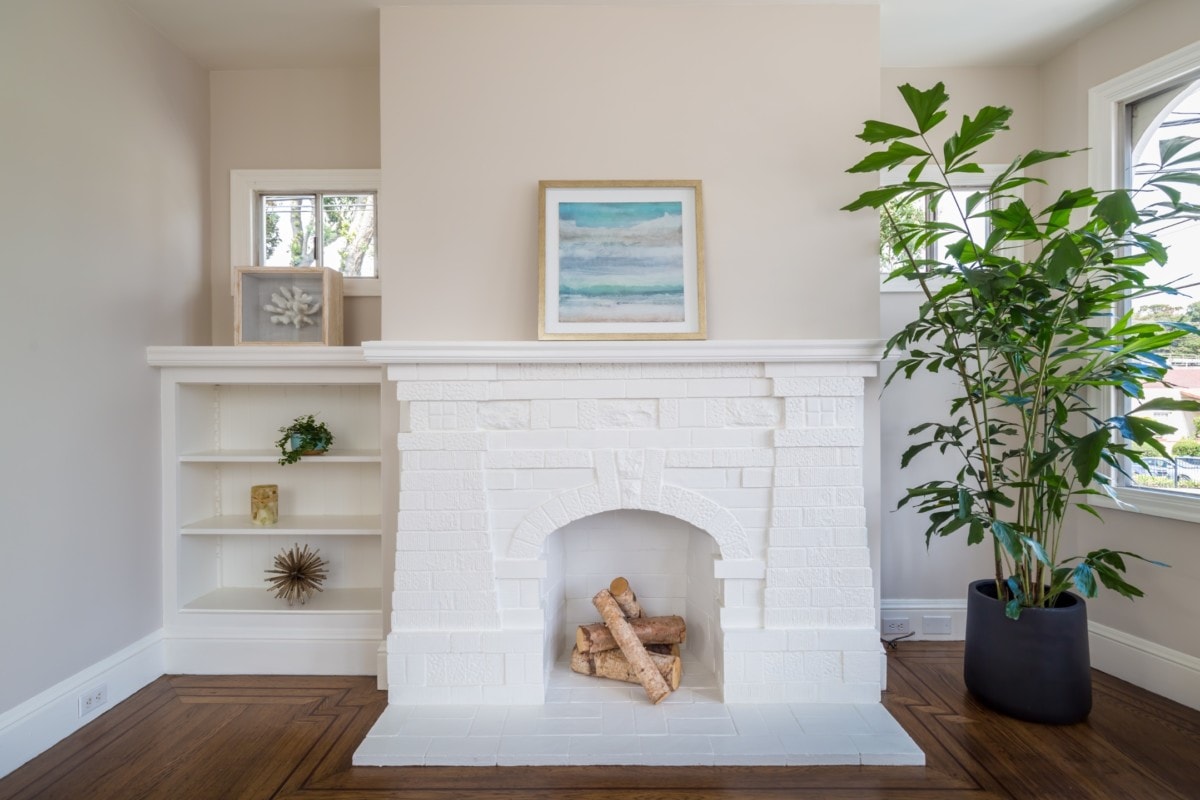Selling a home has many moving parts, and whether you’re a first-time home seller or seasoned seller, the process can be daunting. In a perfect world, the home selling process would be stress-free, where you can list your house, find a qualified buyer, and collect payment. Unfortunately, selling your home involves many more steps. So, how long will it take to sell your home? The reality is that the time it takes depends on your situation, your house, and your local housing market. Luckily, we’ve put together a typical timeline for selling your house so you’ll know what to expect throughout the home selling process.

Three months before listing your house
Decide if it’s a good time to sell your house
The first thing to do in the home selling process is to evaluate your finances and your budget. Meet with a financial advisor and tax accountant to assist you with this. You’ll also need to collect your loan payment information for your mortgage to find out how much you owe so you’re able to calculate what your proceeds will likely be. Anticipate paying commissions, closing costs, taxes, and other fees so you’re not caught by surprise on closing day. It’s also crucial to research the housing market and find out what similar homes are selling for in your area. Is it a seller’s market or a buyer’s market? This information will help you determine if it’s a good time for selling your house.
Two months before listing your house
Hire a listing agent you trust
Your agent will support you through the home selling process. Ask friends and family for recommendations, and evaluate a few agents. Ask each one which houses they have sold in your area, how they’ll market your home, how long they’ve been in the industry, and what they charge in fees. You’ll be working closely with this person throughout the selling process, so it’s important to find the right match. (See more on how to choose a real estate agent)
Pick a date for selling your house
Before deciding when to sell your house, strategize with your agent about when to put your house on the market. Consider your schedule, the academic and holiday calendar, time of year, and day of the week. What’s the best day to list your home? To sell for the most money you should put your house on the market on a Wednesday. To sell the fastest, list on a Thursday, and avoid listing your home on Sunday as it can be the worst day to attract buyers.
Hire an inspector
Scheduling a pre-sale home inspection will allow you to catch any necessary repairs before your home hits the market. Being proactive and scheduling a pre-inspection will alert you of any problems that you weren’t aware of and will allow you to address them before listing your home. A pre-inspection will not only prevent any delays or surprises from happening when an interested buyer hires a home inspector, but it will also highlight the positive traits of the property. A pre-inspection will also allow you to factor the repair costs into your budget, and give you the time to finish depending on how many areas need updates.
Make repairs
After you’ve received the inspection report, you’ll be able to work on repairing some of the issues listed before selling your house. Do you need to patch a small hole in the wall or fix some peeling wallpaper? This is the time to make those fixes. Make sure the roof, electrical systems, plumbing, foundation, drainage, and windows are all in optimal condition before selling your house. If neglected, these are the types of things that will reveal themselves and may be deal breakers for potential buyers.

One month before listing your house
Have your home professionally decluttered
Selling your house can be stressful and is a multi-step process. Hiring professionals to assist you with some of the tasks can help ease the process for you. Potential homebuyers want to imagine themselves making your house their home. Hiring a professional to help clear off countertops, make beds, remove any personal items or keepsakes from your home, and completely reorganize your space will help make your home feel larger and pristine.
Keep your belongings in a storage unit
Once your home is decluttered, pack unused items that you plan to keep and store them in a secure storage unit or portable storage unit. Research nearby storage companies and compare rates, size of storage units, and additional services offered, if necessary. Keeping your belongings stored elsewhere during the home selling process will prevent any distractions during house tours and open houses, and will help buyer’s focus on your home, not the items in it.
Hire a cleaning company
With sight and smell, it’s easy to detect a dirty home from a clean one. After most of your belongings are moved out, consider hiring a cleaning company to make every inch of your home shine. They’ll wash the floors, wipe down baseboards, scour the kitchen, dust the blinds, and much more. A clean home is one of the easiest ways to stand out from the competition and create an appealing interior.
Determine how much your home is worth and set the listing price
While you may have an ideal number in your head, you don’t want to overprice your home or you’ll risk losing out on potential buyers. You can use a home-value calculator to get an idea of the value of your home, but you should also receive a professional estimate from your agent and a comparative market analysis.
Two weeks before listing your house
Hire a professional home stager
A home stager will arrange furniture in a way that enhances the space. It’s important to stick with neutral tones, remove personal items, and avoid flashy decor. A professional home stager can help transform your space and make your home appear bigger, brighter, and cleaner. They’ll be able to give your home the extra touch it needs to stand out from the rest.

One week before listing your home
Get professional photos taken
Now that your home is decluttered, cleaned, and staged, it’s time to get professional photos taken. Though you could take photos yourself, professional real estate photography can help your home sell faster and for more money. After all, the listing photos will be the first thing a potential buyer sees of your home. Consider getting aerial photography of your house as well. This gives potential buyers the chance to see the property as a whole beyond the beautifully-staged interior. It can also be a great way to make your home stand out. Once you’ve had these photos taken, you’re now ready to list your home.
After listing your house
Review offers and negotiate
You’ve staged,cleaned, and sanitized your home for open houses and house tours, and the offers begin to roll in. Your agent will present all of the offers received, advise you on counteroffers, and guide you through negotiating prices and terms if needed. You should consider all the terms of the offer, not just the final listing price, to make sure you get the best deal.
Consider hiring a real estate attorney
In some cases, it makes sense to hire a real estate attorney to prepare and review documents and contracts related to the transaction. Sometimes, hiring a real estate attorney is required by the state or lender. Or, as a peace of mind, having a lawyer by your side can help give you the confidence you need. They’ll be able to spot issues that could hold up your sale.
Accept the offer and gather paperwork for closing
Once you’ve received an offer that meets your needs, it’s time to accept the buyer’s offer and begin the closing process. Sometimes, the buyer will include a home inspection contingency as part of the final offer. Once this is complete, you’ll make any final repairs. It’s now time to sign the finalized purchase agreement, including the closing and move-in dates. Unless discussed and agreed upon, once you hand over the keys to the buyer, you should have no possessions left in the home.
Prepare for a final walkthrough
The final walkthrough will give the buyer’s a chance to take a look at the property and confirm that all the agreed-upon repairs were made, and that the property looks in the same condition as before with no new problems. At the time of the final walkthrough, your home should be clean and completely empty, except for items that were part of the agreement.
On closing day
Sign the final documents and hand over the keys
Work with your agent, lender, and the title or escrow company to ensure a smooth transfer of ownership to the buyer. Bring all keys, garage door openers, and codes to pass off to the new owner.
What to do between buying and selling your house
Congratulations, you’ve sold your home. Now you may be wondering what to do between buying and selling. In most situations, it’s best to sell your house before buying a new house and only start looking once you’ve accepted an offer on your current house. This way, if your house doesn’t sell as soon as you’d anticipated, you won’t be stuck paying two mortgages. If you need a place to stay for a period of time, your best option is to look for extended stay hotels or corporate housing.
The post Selling Your House: A Timeline of What to Expect appeared first on Redfin | Real Estate Tips for Home Buying, Selling & More.
